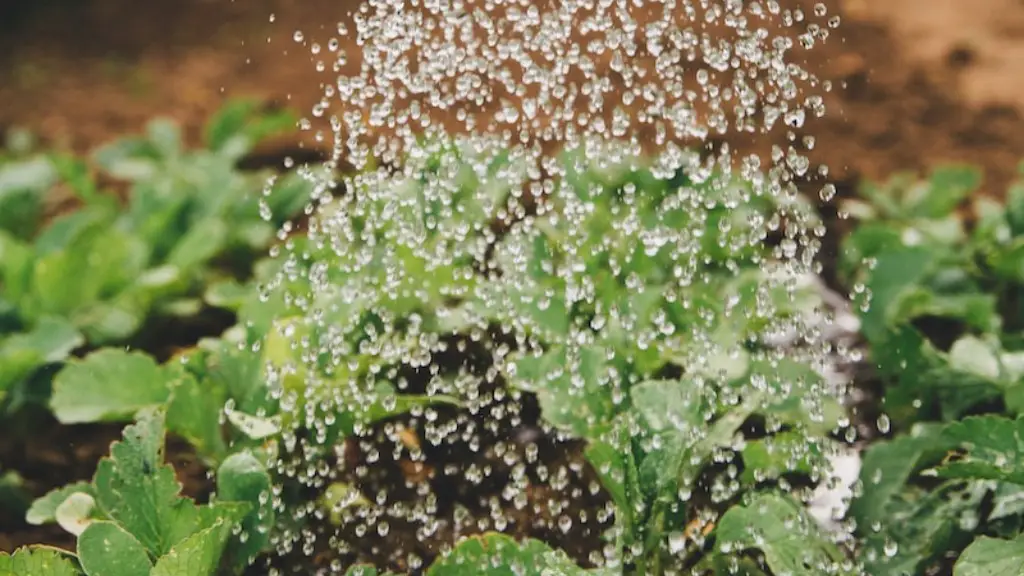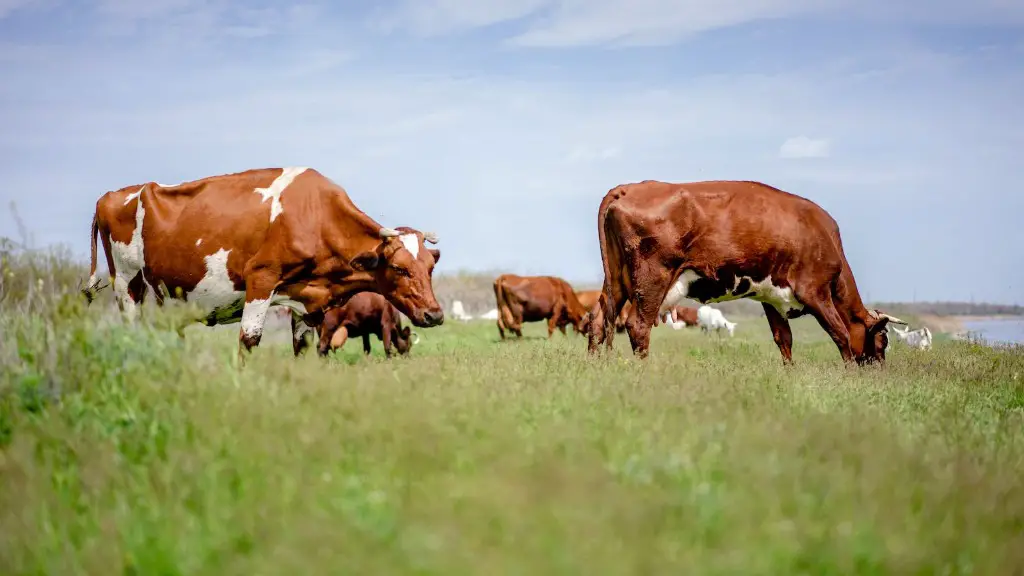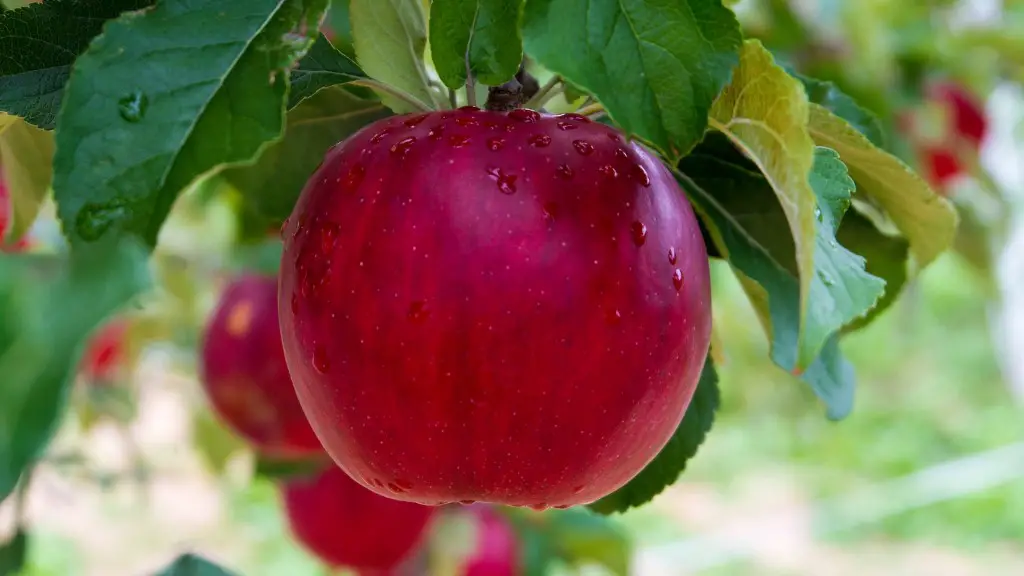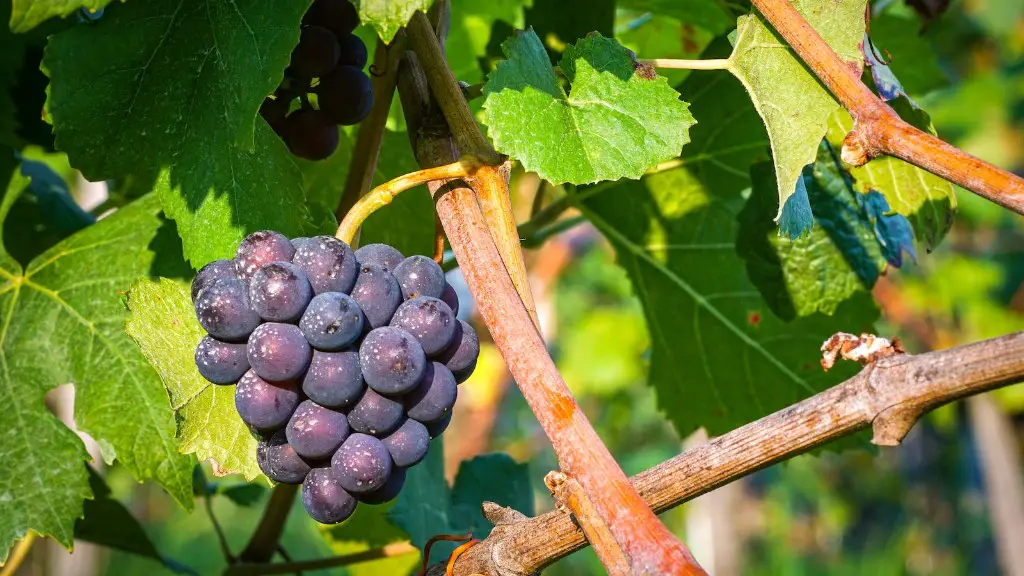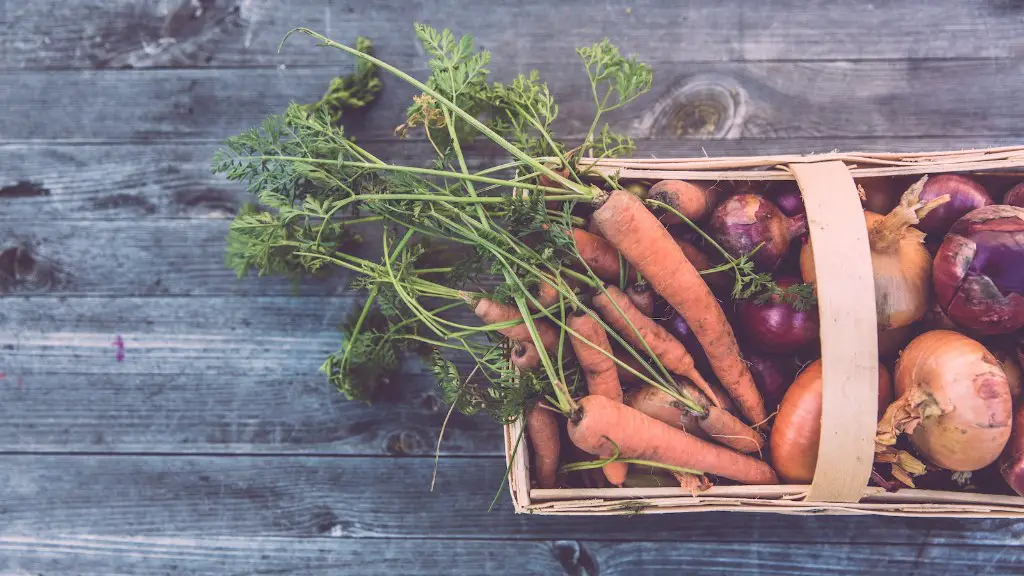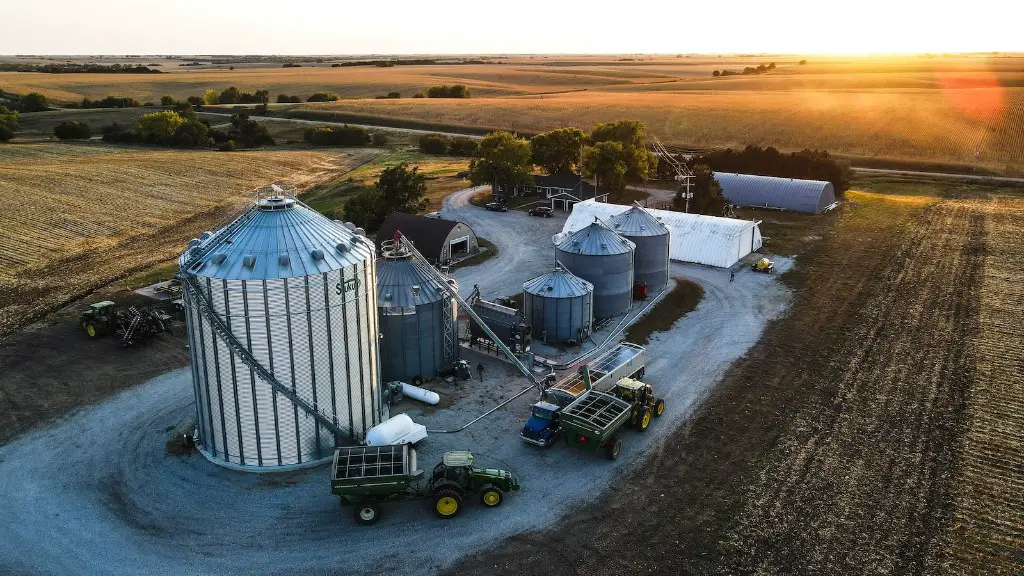Drones are important in agriculture because they can help farmers save time and money while improving the accuracy of their crop spraying. Drones can fly over fields and spray crops with precision, which means farmers can use less chemicals and save money. Drones can also help farmers survey their crops and identify problems early on.
Drones can be used for agricultural purposes such as crop mapping, crop spraying, and livestock monitoring. Drones can help farmers with a variety of tasks, such as determining which areas of their field need more water or fertilizer, and identifying which crops are pests or diseases.
What is the importance of drones in agriculture?
Drones are an important tool for evidence-based planning. They enable data collection and resource-efficient nutrient application which facilitates crop production forecast, and evidence-based planning. Drones can be an effective enabler for mainstreaming emerging technologies such as yield estimation or insurance.
Drones and drone technology offer a number of benefits that can be extremely helpful in a number of different industries and applications. One of the biggest advantages of drones is that they can make inspections much more efficient. With a drone, you can quickly and easily get a bird’s eye view of an area that would otherwise be difficult or impossible to inspect. This can be extremely helpful in a number of different industries such as construction, oil and gas, and even power line maintenance.
Scientific research is another area where drones can be extremely helpful. With a drone, scientists can quickly and easily collect data and samples from hard to reach areas. This can help them to better understand our environment and the impact that we have on it.
Delivery is another area where drones can be extremely helpful. With a drone, you can quickly and easily get packages to people in a timely manner. This can be especially helpful in remote or difficult to reach areas.
Emergency responders can also benefit from drones. With a drone, they can quickly and easily assess a situation and plan the best course of action. This can help to save lives in a number of different situations.
Military applications are another area where drones can be extremely helpful. With a drone, the military can
How do drones improve agriculture
Drones are becoming increasingly popular among farmers as a tool to obtain data about their crops. Drones allow farmers to obtain crop data fast and frequently, which helps them to stay on top of things like irrigation issues, plant disease, and soil condition. All of these factors need to be at optimal conditions for crops to thrive, and farmers can use drones to help ensure that their crops meet yield expectations.
The use of drones in agriculture has increased in recent years due to the many benefits they offer. One of the most significant benefits is the increased productivity they provide. Drones can cover more ground in a shorter amount of time, which means farmers can get more work done in a day. Additionally, they can be used to target specific areas that need attention, such as areas that are being affected by climate change.
Another benefit of agricultural drones is that they can help farmers to adapt to climate change. By being able to more accurately target areas that are being affected by the changing climate, farmers can reduce the amount of damage that is done to their crops. Additionally, they can use drones to monitor the effects of climate change on their crops and make necessary adjustments to their farming practices.
Finally, agricultural drones can help to reduce pollution. By using them to target specific areas for treatment, farmers can reduce the amount of chemicals that are used in their fields. This not only helps to protect the environment, but it also helps to keep the cost of production down.
Why use agricultural drones main benefits and best practices?
Drones can help farmers improve their soil, land, and crop quality by spraying fertilizers, herbicides, and weedicides over the crop fields. This massive technology can help meet a new era of precision agriculture.
The use of drones by state and local governments across the US has the potential to revolutionize various industries and city services. Drones can provide significant benefits to government agencies, including law enforcement support, border surveillance, fighting wildfires, conducting inspections, environmental monitoring, and more.
What is the future of drones in agriculture?
The use of drones in agriculture is a promising technology to address the challenge of food insecurity. Drones are being developed to act as mechanical pollinators and to incorporate smart applications. This makes drones a affordable technology to help with the growth of food insecurity.
Drones are able to go places that would be too dangerous for humans and this is one of the biggest reasons why they are so popular. Drones can fly into areas that are full of debris or that are otherwise dangerous for humans to be in and this makes them ideal for exploration and search and rescue missions.
How can drone assist help farmers
Drones offer a lot of advantages for agricultural purposes. They can help with irrigation monitoring, crop health and damage management, field soil analysis, planting, and agricultural spraying. All of these activities can be carried out with utmost accuracy and eliminate the need for human effort. This can help to improve the overall performance of agriculture.
Drones help farmers save a lot of water by spraying pesticides and insecticides. They can mix different chemicals together and only need a small amount of water for dilution. This is especially useful in areas where water is scarce.
What are some positive impacts of drones?
Drones are having a big positive impact on animal conservation and habitat protection. UAV’s are especially helpful in wildlife monitoring, geographic mapping and environmental law enforcement. This is helping to keep animals safe and their habitats protected.
Drone technology can help businesses in a number of ways. Aerial photography is just the beginning, as drones can be used to collect all sorts of data. This data can be used to improve accuracy and efficiency in a number of industries. Additionally, drones can be used to exceed human limitations, such as reaching places that are difficult or dangerous for people to access. Finally, drones can serve as a workforce multiplier, allowing one person to do the work of many.
What is the main purpose of a drone
Drones are now used for a variety of purposes, from monitoring climate change to carrying out search operations after natural disasters, photography, filming, and delivering goods. But their most well-known and controversial use is by the military for reconnaissance, surveillance and targeted attacks.
Drones have proved to be invaluable tools for the military, providing them with real-time intelligence and increasing their accuracy in targeting enemy combatants. However, there have been concerns raised about the use of drones, particularly when it comes to civilian casualties.
There is no doubt that drones are here to stay and that their use will continue to expand in the years to come. It is important that we learn to harness their power for good and minimize their potential for harm.
Drones can provide an efficient and life-saving way to deliver blood, medication, food, and water to people in distress when first responder access is limited by road conditions. By saving time and increasing delivery efficiency, drones can help to save lives inemergency situations.
What 3 things can drones do?
Dear Sir,
Nonmilitary drone use has increased over the past decade. Beyond surveillance and delivery applications, UAVs are used for drone journalism, search and rescue, disaster response, asset protection, wildlife monitoring, firefighting, communications relay, healthcare and agriculture.
As the use of nonmilitary drones increases, it is important to ensure that these devices are operated in a safe and responsible manner. In particular, operators should be aware of the potential risks to privacy and public safety posed by drone use.
Drones help safeguard the environment in several ways. They can be used to carry items, which would reduce the carbon emissions from shipping. They can also be used to monitor environmental conditions, such as pollution levels. Drones are a robust technology with several uses, and they could help to make our world a cleaner and safer place.
Final Words
Drones are important in agriculture because they allow farmers to remotely and quickly survey large areas of farmland, checking for crop health, identifying irrigation problems, and observing potential pest infestations. In the past, farmers would have to physically walk their fields to check on these things, which was time-consuming and often ineffective. Drones provide a more efficient way to care for crops, and can help farmers maximize their yield.
Drones are important in agriculture because they can help farmers to improve the yield of their crops by providing them with information about the health of their plants and the condition of their soil. They can also help farmers to locate and target areas of their fields that need attention. In addition, drones can be used to deliver chemicals and other treatments to crops, which can help to reduce the amount of time and labor that farmers need to spend on their fields.
